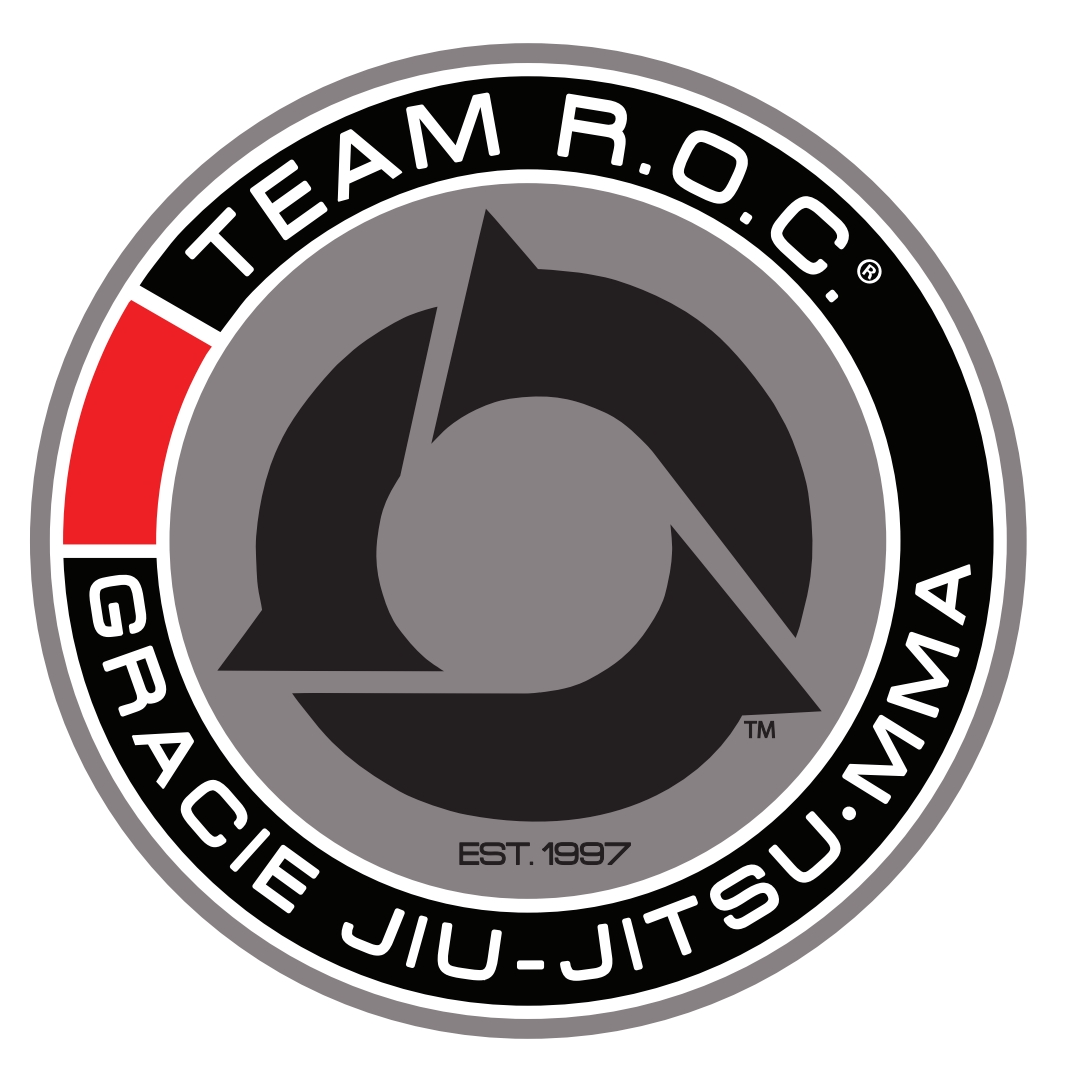In today’s swiftly progressing educational landscape, the demand for dependable, comprehensive, and obtainable resources of info is higher than ever. Homework Encyclopedias have actually become important tools for pupils worldwide, using a wealth of understanding at their fingertips. This write-up delves into the importance of Homework Encyclopedias, their evolution for many years, and their role in sustaining scholastic success.

As traditional education and learning techniques adjust to digital innovations, discovering sources like Research Encyclopedias remain to serve as cornerstones of trainee knowing, giving structured and curated web content. Understanding their worth and impact can help trainees utilize these sources efficiently in their instructional journey.
The Evolution of Homework Encyclopedias
The concept of encyclopedias go back to ancient human beings, where expertise was meticulously recorded and maintained. From the scrolls of the Library of Alexandria to the published receive answer volumes of the Renaissance, encyclopedias have actually traditionally been valued as databases of human accomplishment and understanding.
With the arrival of the electronic age, encyclopedias have transcended their traditional print format, coming to be extra interactive and easily accessible. Digital Homework Encyclopedias currently use multimedia sources, consisting of videos, graphics, and interactive modules, which improve the discovering experience and make complicated subjects extra comprehensible.
Today’s Homework Encyclopedias are not just available online but are likewise continually updated to make sure the info remains existing and appropriate. This shift not only democratizes access to details however also changes exactly how trainees engage with their research studies, facilitating a much deeper understanding with varied understanding techniques.
Key Benefits of Research Encyclopedias
Homework Encyclopedias supply numerous benefits for students, teachers, and even parents supporting their children’s learning undertakings.

They function as trusted companions, providing organized information that helps in scholastic research study and research completion.
Among the most substantial benefits is their capacity to supply validated and thorough web content. Unlike open-source details, which can usually be undependable, encyclopedias are curated by specialists, guaranteeing precision and reputation. This reliability is important for students who need reliable details for their assignments and research study projects.
Furthermore, Research Encyclopedias support independent discovering and important reasoning. By encouraging students to inquire proactively, they foster a feeling of inquisitiveness and effort, which are vital skills for lifelong understanding.
- Comprehensive Content: Encyclopedias cover a wide variety of subjects, supplying details on topics spanning different self-controls.
- Interactive Learning: Multimedia components involve different discovering designs, making details digestible and engaging.
- Integrity: Curated by experts, encyclopedias provide reliable and accurate details.
- Constant Updates: Routine updates make certain students have accessibility to one of the most current details readily available.
Recognizing these benefits allows pupils to maximize their finding out potential by successfully utilizing Homework Encyclopedias as part of their study regimen.
How to Utilize Homework Encyclopedias Properly
To make the most out of Homework Encyclopedias, pupils need to adopt calculated approaches to their use. This begins with familiarizing themselves with the design and navigating of these Can a radical with a negative radicand have a real square root? Why or why not? A) Yes, because negative numbers have real square roots. B) No, because the square root of a negative number is imaginary. resources. Understanding just how to search for certain topics or exactly how to use index attributes can substantially reduce time invested in research study.
An additional important strategy is incorporating encyclopedias right into wider research study strategies. While encyclopedias provide fundamental knowledge, they need to be used together with various other research techniques for a more nuanced understanding of complicated subjects. This mix of resources widens a student’s viewpoint and strengthens their understanding of subject.
Additionally, pupils ought to utilize the multimedia features offered in digital encyclopedias. These can promote a far better understanding of challenging concepts via visualization and interactive discovering, hence enhancing retention and understanding.
Leading Homework Encyclopedias Available Today
The world of Research Encyclopedias is substantial, with countless choices offered for trainees of various age and academic degrees. Below are some very regarded encyclopedias that have actually stood the examination of time and remain to sustain student success efficiently.
- Brittanica Online: Well-known for its reliable web content, Britannica offers detailed info on a vast array of subjects, with constant updates and multimedia components.
- Globe Book Online: Uses an easy-to-navigate user interface and customized sources for different age groups, making sure web content is age-appropriate and appealing.
- Encarta (Historical): Though no more in publication, Encarta set a precedent for digital encyclopedias and continues to be a noteworthy reference for its pioneering contributions.
- Khan Academy: While not a conventional encyclopedia, Khan Academy provides a comprehensive collection of educational content in a style that matches conventional encyclopedic sources.
These sources supply a superb starting point for trainees looking for top notch details. Their range makes sure that customers can locate the right fit for their particular learning requirements and preferences.
The Future of Homework Encyclopedias
As modern technology remains to advancement, the future of Research Encyclopedias appears promising, with innovations targeted at boosting individual experience and access to info.
Artificial intelligence is most likely to play a considerable function, supplying tailored learning paths and more intuitive search features, which can reinvent exactly how trainees connect with these sources.
Furthermore, the assimilation of virtual and enhanced fact could open new opportunities for experiential learning, allowing students to engage with content in immersive environments. Such developments are readied to redefine the academic landscape, making finding out more interactive and impactful.
The Duty of Educators and Students
In this evolving context, teachers and students should adjust to take advantage of these technical improvements successfully. Educators can assist pupils in operation encyclopedias as part of their curriculum, encouraging essential thinking and research study skills.
For students, the vital hinge on remaining interested and open to discovering new devices and resources. By embracing Homework Encyclopedias and similar instructional technologies, they can enhance their scholastic performance and prepare for the difficulties of tomorrow’s knowledge-driven world.

